Search Results
Showing results 21 to 40 of 48
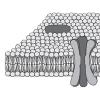
Build-A-Membrane
Source Institutions
In this activity, learners cut, fold, and paste paper representing biomolecules to create a three-dimensional cell membrane with embedded proteins.
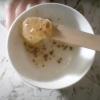
Clean Me Up, Snotty
Source Institutions
Learners will explore the chemistry of mucous and its importance to our health by following a process to make their own replica "snot." The activity includes a time and age recommendation, a materials
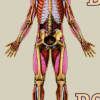
Sketch a Skeleton
Source Institutions
In this activity (on pages 15-18 of PDF), learners make a life-size two-dimensional paper model of their own skeletons.
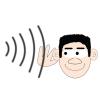
Sound Dampeners
Source Institutions
In this activity, learners will experiment with water- and air-filled balloons as a way of dampening sound before it reaches their ears.
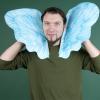
Designer Ears: Make “better” ears!
Source Institutions
Find out what it would be like to have ears shaped differently from your own! Design and make different animal ears then try them out.
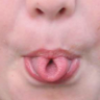
Family Traits and Traditions
Source Institutions
In this activity, learners play a matching game with their families to discover common inherited traits and traditions. Learners distinguish between inherited traits and learned traditions.
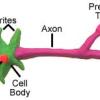
The Model Neuron
Source Institutions
In this activity, learners create a model of a neuron by using colored clay or play dough. Learners use diagrams to build the model and then label the parts on a piece of paper.
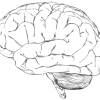
Train Your Brain
Source Institutions
In this activity, learners play a trick on their own brain to see if the brain can learn to ignore distracting input. Colors and words are used to play the visual trick, known as a Stroop Test.
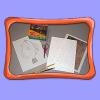
Crazy Camouflage
Source Institutions
In this activity about camouflage, learners create a model that shows how a flounder is able to blend into a variety of environments.
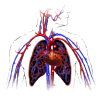
Circulatory System Skit: Act out the Flow of Blood
Source Institutions
In this activity, learners act out the flow of blood in the human body! A great way to get learners up and moving while learning about the circulatory system.
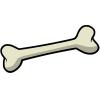
Calcium Collage
Source Institutions
In this activity (on pages 11-14 of PDF), learners cut out pictures from magazines of foods that help make bones strong and glue the pictures to a paper bone.
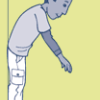
Throw Your Weight Around
Source Institutions
During this activity, learners take part in a variety of tasks which involve moving and balancing different body parts.
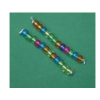
Protein Bracelets
Source Institutions
In this activity, learners use beads, which represent amino acids, to create protein bracelets. Learners examine the relationship between amino acids and proteins.
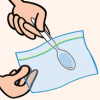
Glitter Slime
Source Institutions
In this activity on page 8 of the PDF, learners make a slimy substance very similar to mucus, and sprinkle it with glitter to imitate the way that allergens are trapped.
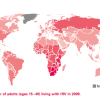
Mapping the Spread of HIV/AIDS: Trailing the Pandemic
Source Institutions
In this activity, learners act as epidemiologists by mapping the prevalence of HIV/AIDS worldwide.

Magic Wand
Source Institutions
In this activity about light and perception, learners create pictures in thin air.
Enhanced Water Taste Test
Learners conduct a "blind" taste-test of several types of enhanced or fitness water drinking water that has commercially added substances like vitamins, sugars, or herbs.
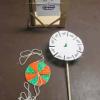
Spinning Illusions
Source Institutions
In this activity, learners construct three optical illusion toys to examine how our brains play tricks on what we see.
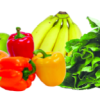
Fruits and Vegetables: Color Your Plate
Source Institutions
In this activity, learners explore healthy choices related to the foods they eat. The importance of a variety of fruits and vegetables to a healthy diet is the focus of the experience.
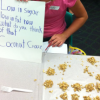
Science Cooks!
Source Institutions
In this health, cooking, and math activity, learners explore nutrition and examine nutrition labels.
